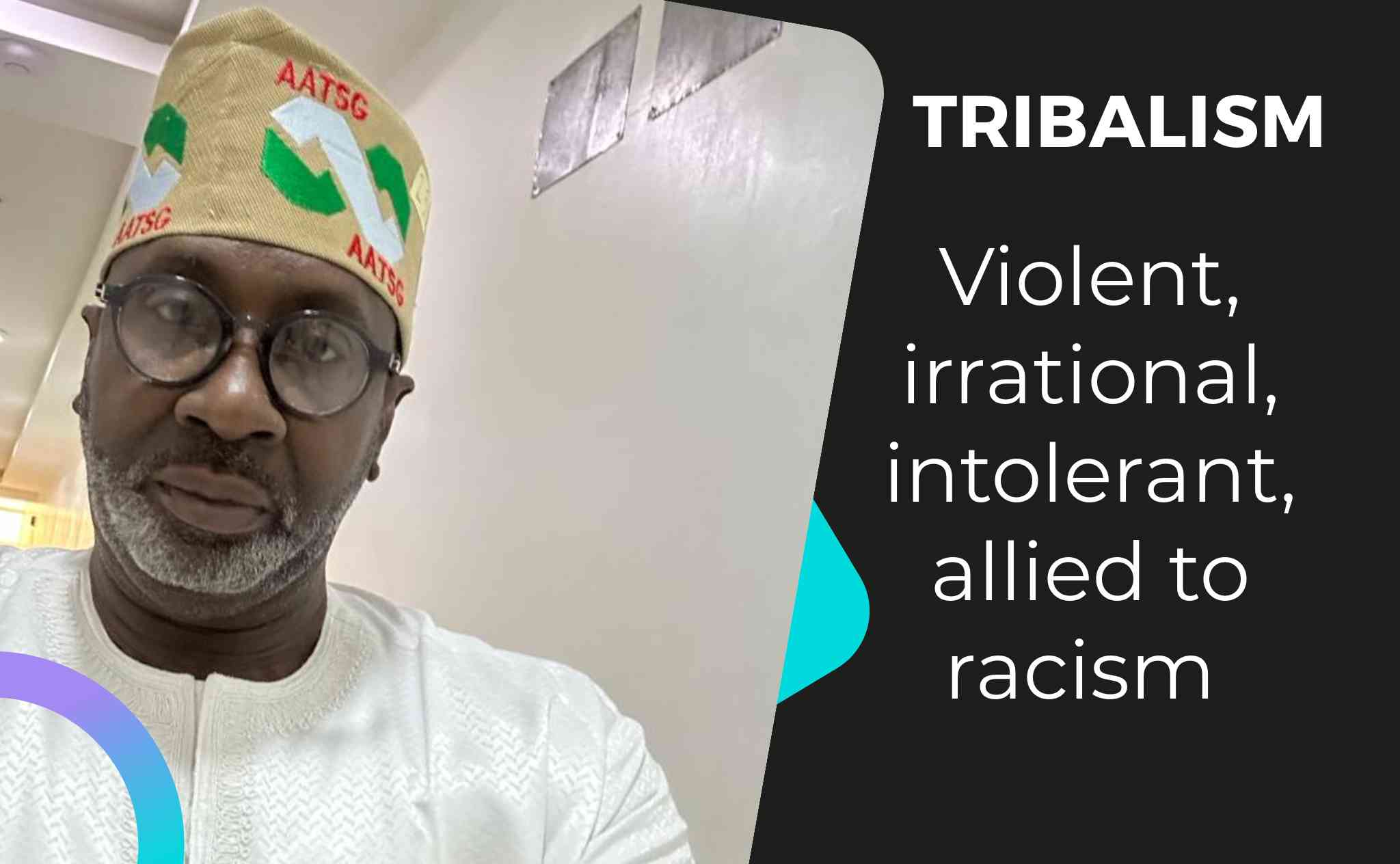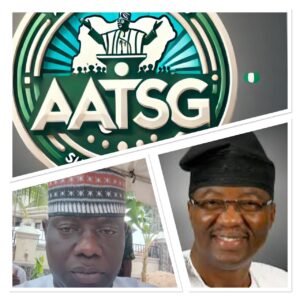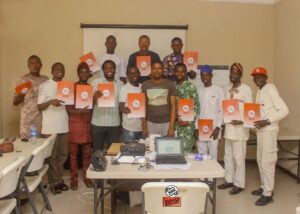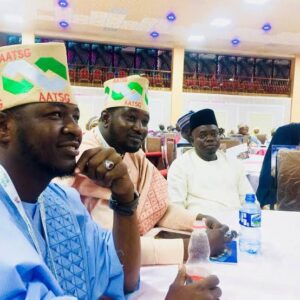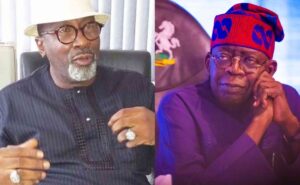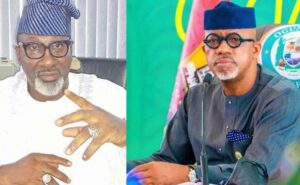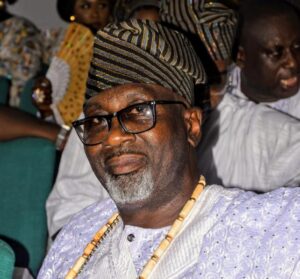Nigeria which way forward part four—How to solve the difficulty of tribalism.
Here’s how we deal with the Nigerian predicament of tribalism and democratic decay
People who are alive at historic turning points are often slow in sizing up these major shifts. It’s natural for the human brain to rely on familiar ways of thinking to make sense of what’s new.
Just think of how the first cars were described as “horseless carriages” and cinemas as “motion-picture theaters”.
As we approach the 2020s, there’s growing evidence that we’re at a historic crisis point for modern democracies and pluralist societies. Political systems across the world are experiencing deep disruption, with a startling escalation of polarization and tribalism.
Cast your eyes across nations as diverse as the US, France, Germany, the UK, Italy, Hungary, Austria, Sweden, Poland, Brazil, and the Philippines. In each of these communities we see similar patterns: public frustration with the current conditions, populist insurgencies, the division of groups into “us-vs-them”, political deadlock, attacks on prominent norms and a sense that meritocracy and rational policymaking are Passé.
Since the Second World War, many prominent communities have experienced divisive flash points, but there is something unique in the postwar era about the way pluralism and democracy are under siege in so many places.
Yet, we are struggling to make sense of it. By default, observers often define these developments through the familiar lens of election results and allowed vs. normal politics: a “shift to the right” or “rise of the far right”. But much more is at play. Issues of identity, belonging, and tribalism are supplanting the longstanding left vs. right spectrum once defined by attitudes towards the size of government and intervention in free markets.
However, tribalism is a significant obstacle in Nigeria that threatens the unity and stability of the nation. The question of tribalism is that people of different clans are separated from each other, and the members of a particular tribe gang up to remain in power at the expense of other tribes.
Tribalism influences many spheres of social life, and competent workers are often overlooked because of their tribal identity
Here are some of my ideas on how we can tackle tribalism in Nigeria.
Perception:
Realization should be raised on the dangers of tribalism in Nigeria. Special attention should be given to children in their school curriculum, where they should be taught to be tolerant of one another’s different tribes and backgrounds.
Spiritual directors:
Nigerians are religious, and divine leaders should play prominent roles in helping to eliminate the menace of tribalism in Nigeria
Dissolution of people and state:
One strategic solution is the segregation of people and state, and the government must not discriminate or favor on grounds of ethnicity
Learning:
We have to erase the tribalism approach to learning and train our youths to be accepting of each other. It is a noble mission for us to develop our kids to be conscious.
Public character principle: The paralysis of the public character principle in the assigning of posts in various agencies is another factor that contributes to tribalism in Nigeria
Tribalism creates an environment of distrust and suspicion among different ethnic groups, making it difficult for people to work together and achieve common goals
Therefore, it is essential to tackle tribalism in Nigeria to promote unity and collaboration, which are essential for progress and development.

